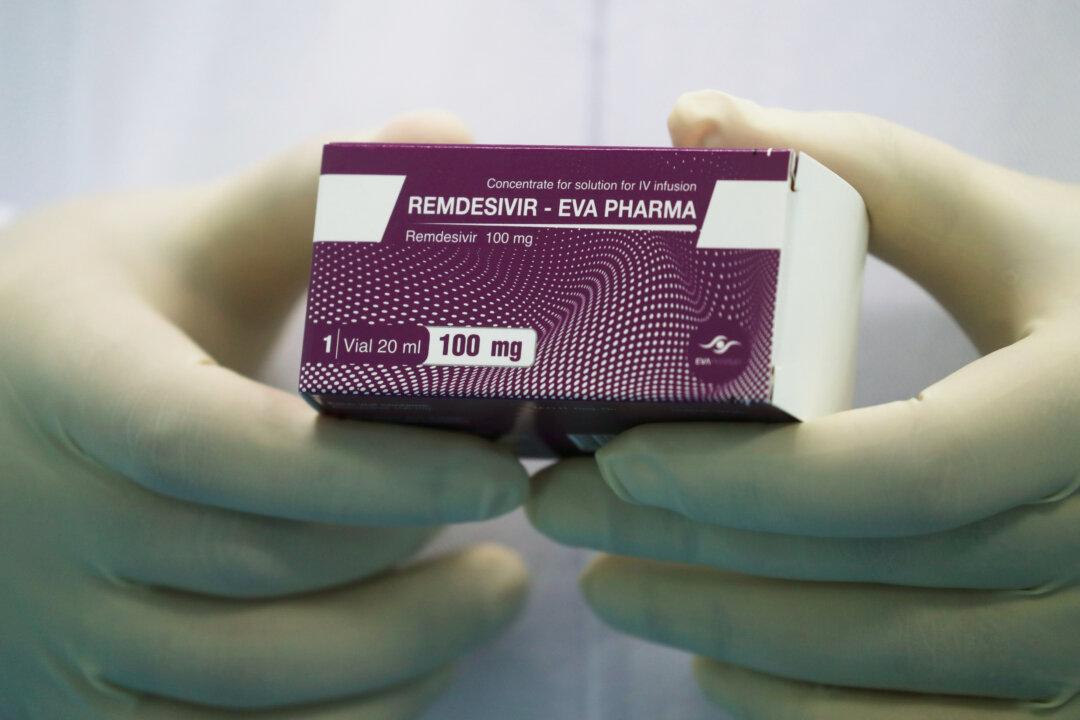Physicians say they are concerned about the National Institutes of Health’s (NIH) updated guidance on therapeutics for COVID-19 patients.
The guidance, which was quietly updated on Oct. 9, recommends against any form of treatment for patients with mild to moderate COVID-19 symptoms who do not require supplemental oxygen.






